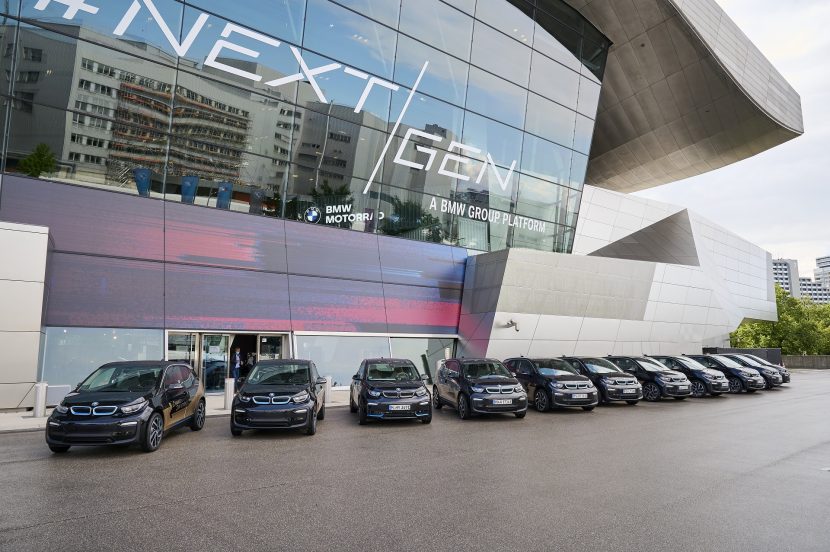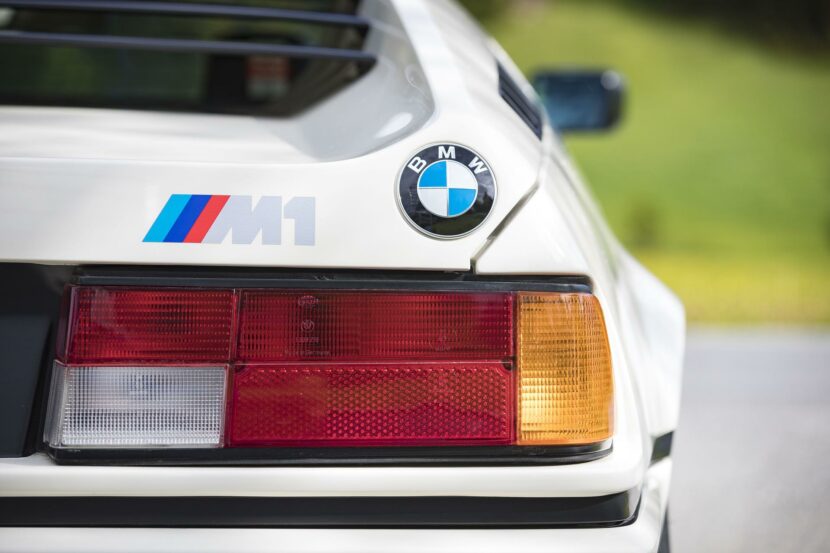The one question on everybody’s mind right now, at least in the automotive industry, is: how fast are we going to switch to solely battery electric vehicles (BEV)? Looking at the sales charts, it’s pretty obvious that the trend of buying and owning an least an electrified car is already picking up speed. Measures put in place by various countries are also stimulating customers to make the switch but there are some issues we need to take into consideration.
Making these cars and keeping up with the demand will be tricky already. The raw materials needed for BEVs are already scarce and the demand is only going one way. Then there’s another, huge problem: the charging infrastructure. Speaking during a meeting held today in Munich, BMW’s CEO, Oliver Zipse said that achieving market penetration with e-mobility hasn’t necessarily been a vehicle supply issue for quite a while now, but “it depends, to a greater degree, on how quickly charging infrastructure is being expanded”.
And it’s not just about the number of chargers installed, but we also need to improve the networks, to make sure they will cope with the extra power needed. BMW already installed more than 15,000 charging points worldwide but that’s not nearly enough and one manufacturer can’t do it all on its own. Another issue we need to keep in mind, is the source of the electricity used for charging these cars, as if it’s not green, we might end up doing more harm than good at the end of the day. Luckily, at least BMW’s German chargers all use green energy.
Regulations are also forcing car makers to push out more BEVs but, at the same time, more chargers will be needed for these electric models. “With the Fit for 55 package it unveiled in July, the European Commission has once again tightened its reduction targets for CO2 emissions. Every additional percentage point the targets are tightened means we need at least 200,000 more public charging points – in addition to the three million already needed by 2030,” said Zipse, pointing out that a holistic approach is needed, not just tightening regulations.
A different solution, that could help on the long run, could be found in hydrogen or e-fuels. BMW hasn’t set aside its plans to develop passenger cars running on fuel-cells, and its small series of the BMW i Hydrogen NEXT models will be released next year. Furthermore, the European Commission will be looking into offering credits for developing other zero-emission technologies from 2028 onwards, like e-fuels.






































































